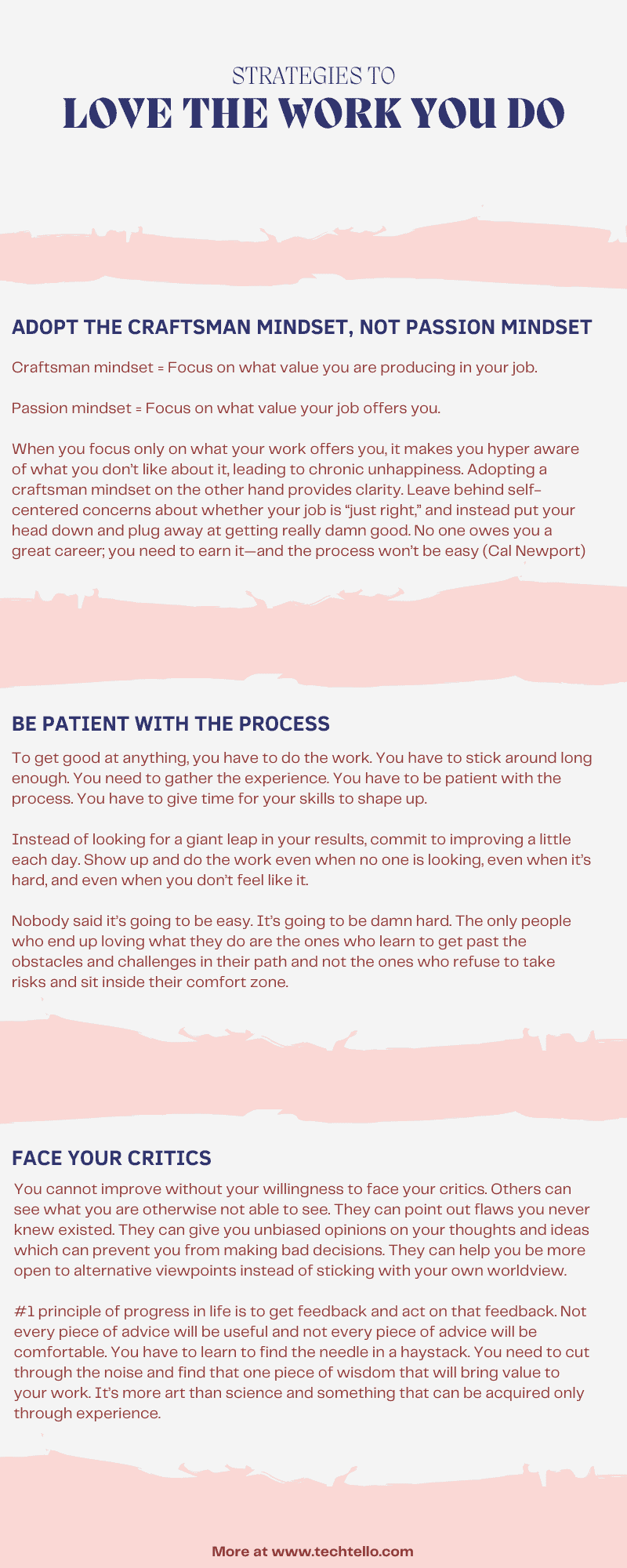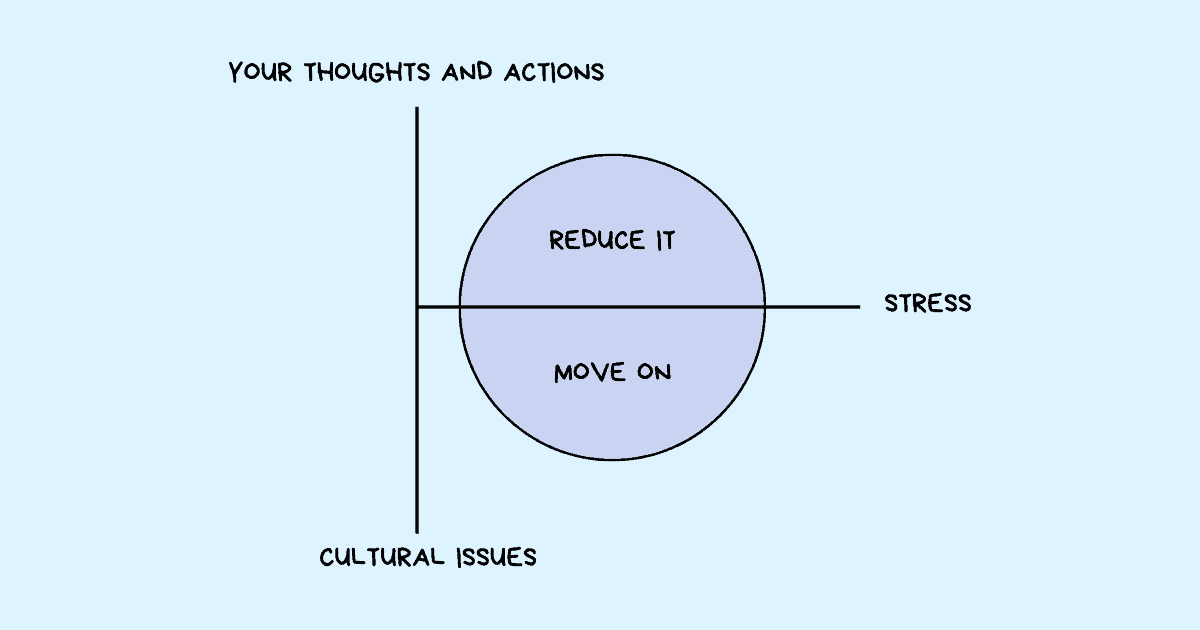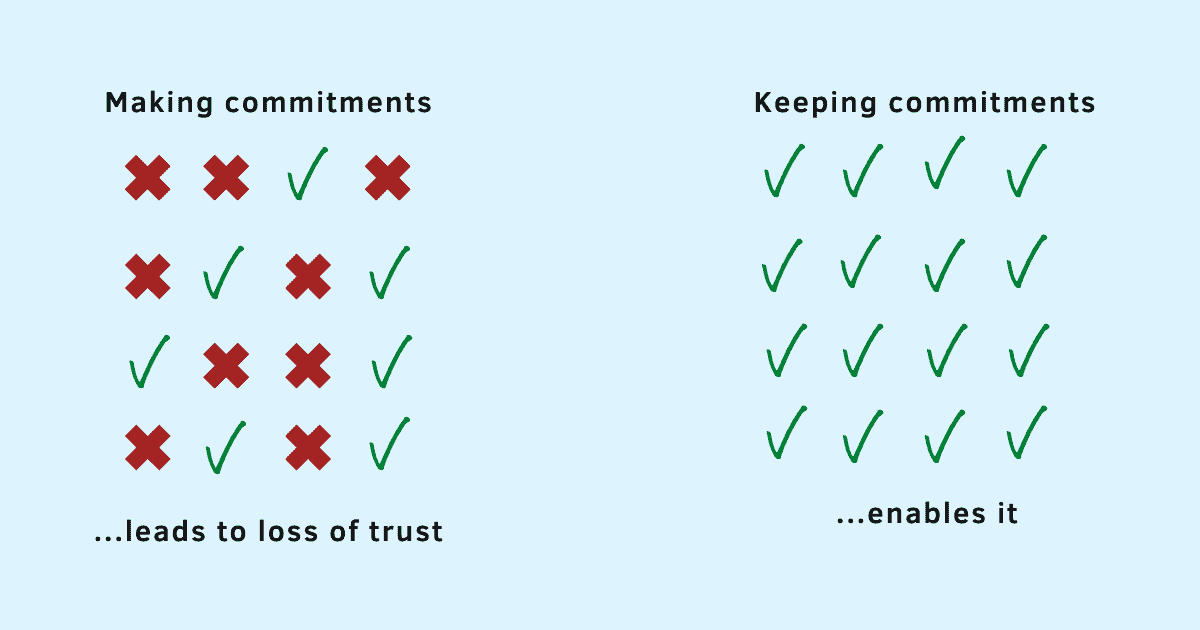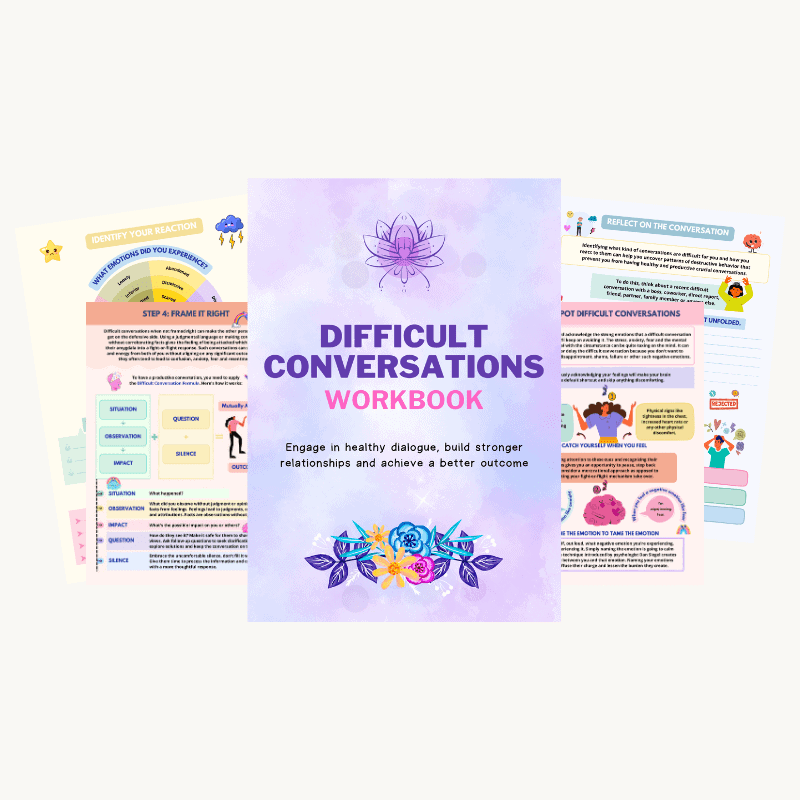Progress Not Passion is the Answer to Loving the Work You Do

What’s the difference between people who end up loving what they do and those who are on an endless pursuit looking for the one thing that will fulfill them only to be left disheartened, dissatisfied, and unhappy?
I thought passion was the answer. If you are passionate about something, you will enjoy the work you do, which will enable you to produce great work, which will further excite you to do even more, bringing a sense of happiness and satisfaction into work that’s otherwise hard to find.
Steve Jobs reinforced this line of thinking when he gave a commencement speech to Stanford’s graduating class in 2005 in which he said “You’ve got to find what you love.… The only way to do great work is to love what you do. If you haven’t found it yet, keep looking, and don’t settle.”
Is passion the answer?
Soon after Steve’s speech, hundreds of articles and videos promoted the idea that the key to work happiness is finding your passion.
“Find your purpose.”
“Follow your heart.”
“Don’t settle.”
“Passion is the key to your dreams.”
The idea to “follow my passion” was definitely thrilling. Something that immediately generated a rush of excitement. I was beaming with joy and supercharged to find my passion. I was finally relieved to have a direction. After all, how hard it must be to find my passion. Boy, I was wrong!
The eagerness to find my passion was soon replaced with feelings of doubt and anxiety:
- How do I find work that I love?
- How do I even know if I am going to love it? Isn’t it very hard to know in advance what I will eventually end up loving?
- What if I don’t love my work?
- What if I never find my passion? Does it mean I will stay miserable for the rest of my life?
- What if I want to do different things at different points in my life? As I grow, my life will change and so will my priorities. Do I need to stick with one thing for the rest of my life, the thing that I am most passionate about?
I had so many questions. The more I thought about the idea of following my passion, the more I realized it was a trap. How can I be good at anything without doing it enough and how can I get myself to love it when I am not even good at it?
Jeff Goins writes in The Art of Work “We think that passion comes first, that our desire is primary; but if we are truly called, the work always comes before we are ready. We will have to act in spite of feeling unprepared.”
If passion is not the answer, what is?
In my quest to find this answer, I realized, I do not love my work because I am passionate about it. I feel passionate about my work because I love what I do. In other words, loving what I do comes first and then follows passion.
So how can I love what I do? Simply by getting better at it and having a sense of progress by working hard, sticking around, and building my skills. This idea to “do the work first” wasn’t as exciting as the idea of “finding my passion,” but it was definitely more realistic.
Progress and not passion was the answer I was looking for all along. Here are the 3 strategies that have worked for me over the years to love what I do while letting my passion grow behind the scenes for me:
1. Adopt the craftsman mindset, not passion mindset
Cal Newport wrote about this idea in his book So Good They Can’t Ignore You.
He suggests that in our effort to find the work we love, we need to adopt a craftsman mindset instead of a passion mindset.
Craftsman mindset = Focus on what value you are producing in your job.
Passion mindset = Focus on what value your job offers you.
He offers two arguments against the passion mindset:
- When you focus only on what your work offers you, it makes you hyper aware of what you don’t like about it, leading to chronic unhappiness.
- The deep questions driving the passion mindset—“Who am I?” and “What do I truly love?”—are essentially impossible to confirm. “Is this who I really am?” and “Do I love this?” rarely reduce to clear yes-or-no responses.
Adopting a craftsman mindset on the other hand provides clarity as compared to the passion mindset which only adds to confusion and angst. To adopt a craftsman mindset, he suggests:
- Leave behind self-centered concerns about whether your job is “just right,” and instead put your head down and plug away at getting really damn good. No one owes you a great career; you need to earn it—and the process won’t be easy.
- Put aside the question of whether your job is your true passion, and instead turn your focus toward becoming so good they can’t ignore you. That is, regardless of what you do for a living, approach your work like a true performer.
Craftsman mindset focuses on progress by investing in being better at your job. With a little progress comes a lot of hope. With a little hope comes a lot of joy. This little joy adds up to creating work that you love and loving what you do.
2. Be patient with the process
To get good at anything, you have to do the work. You have to stick around long enough. You need to gather the experience. You have to be patient with the process. You have to give time for your skills to shape up.
Instead of looking for a giant leap in your results, commit to improving a little each day. Show up and do the work even when no one is looking, even when it’s hard, and even when you don’t feel like it.
Nobody said it’s going to be easy. It’s going to be damn hard. The only people who end up loving what they do are the ones who learn to get past the obstacles and challenges in their path and not the ones who refuse to take risks and sit inside their comfort zone. Research shows that human beings derive the most profound and durable pleasures from parts of life that often require effort.
We thrive on progress and progress often comes with effort. Instead of thinking too much about passion, spend that time and energy in putting your ideas into action.
Ultimate Habit Tracker
Use this habit tracker printable template to record your daily, weekly and monthly habits and see how you are progressing.
3. Face your critics
Finally, a sense of progress comes from actually improving. Henry Ford said, “If you always do what you’ve always done, you’ll always get what you’ve always got.”
You cannot improve without your willingness to face your critics. Others can see what you are otherwise not able to see. They can point out flaws you never knew existed. They can give you unbiased opinions on your thoughts and ideas which can prevent you from making bad decisions. They can help you be more open to alternative viewpoints instead of sticking with your own worldview.
Ryan Holiday writes in Ego is the Enemy “You can’t learn if you think you already know. You cannot get better if you’re convinced you are the best. The art of taking feedback is such a crucial skill in life, particularly harsh and critical feedback. We not only need to take this harsh feedback, but actively solicit it, labor to seek out the negative precisely when our friends and family and brain are telling us that we’re doing great.”
#1 principle of progress in life is to get feedback and act on that feedback. Not every piece of advice will be useful and not every piece of advice will be comfortable. You have to learn to find the needle in a haystack. You need to cut through the noise and find that one piece of wisdom that will bring value to your work. It’s more art than science and something that can be acquired only through experience.
Progress starts with criticism and ends with learning. Once you start seeing criticism as a hack to get better, you will be more worried about missing valuable feedback and less about the discomfort it brings.
Next time you worry about not finding your passion yet, remember passion is a side-effect and not the reason for loving the work you do. The only way to love what you do is to get better at it and that comes with adopting a craftsman mindset, staying patient with the process, and learning to face your critics.
Summary
- All the advice about finding your passion misses a critical point – you can’t know what you are passionate about unless you do the work and you can’t get to love it unless you put in the effort to get better at it.
- To love what you do, a sense of progress is more important than finding your passion.
- Develop a craftsman mindset which requires focusing on the value you are creating through your work as opposed to a passion mindset in which you focus on the value your work provides you.
- With practice, consistency and patience you can get better at almost anything. A sense of progress comes with putting your ideas into action instead of chasing after some passion.
- Finally, by opening yourself up for criticism, you can do wonders in your ability to learn and improve. Every improvement creates a sense of progress which further encourages you to seek more feedback and act on it.































